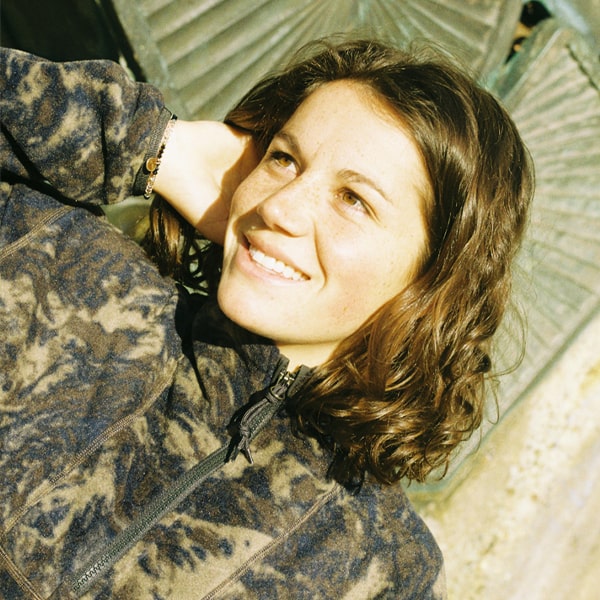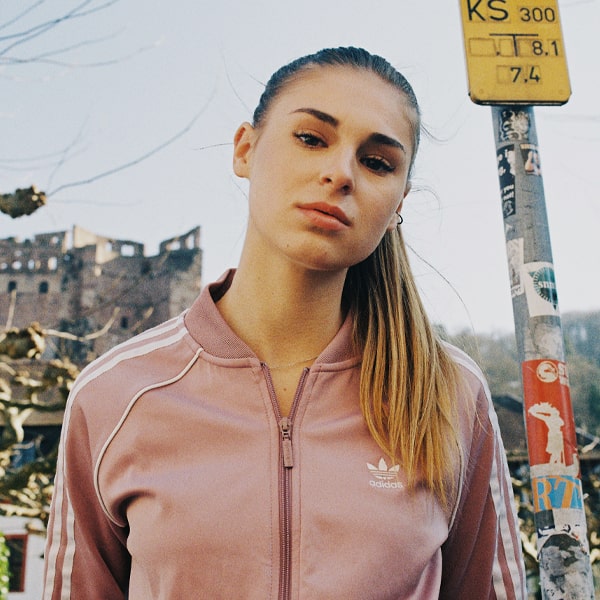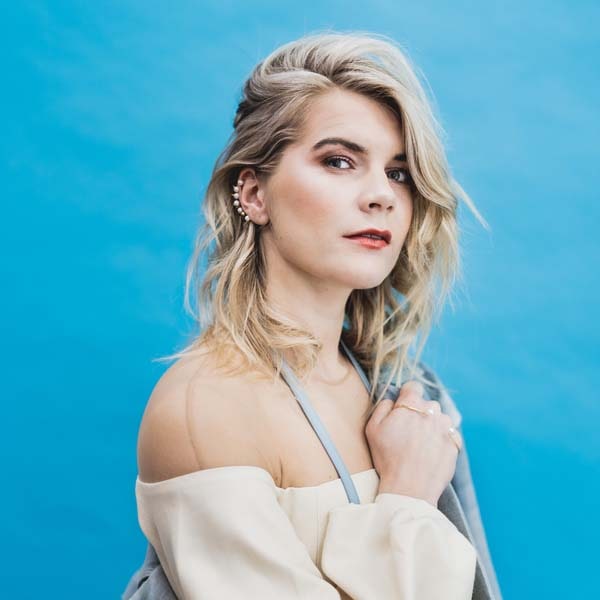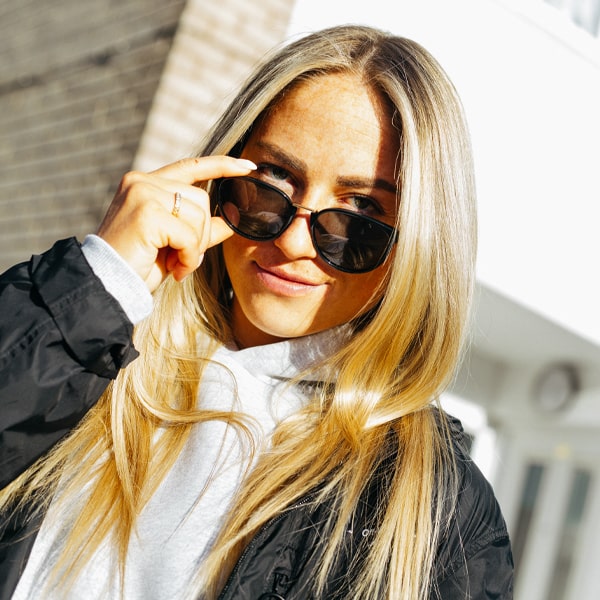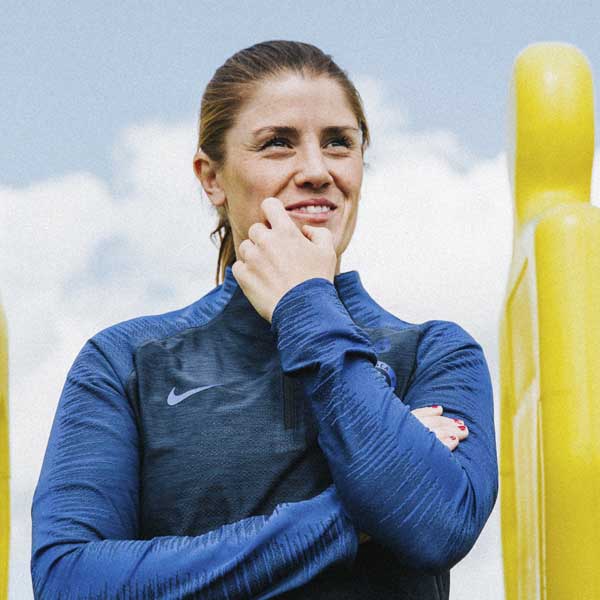Few people can boast of having had such an impact on so many people’s lives through the power of football, providing real change and opportunity to those that may otherwise have missed out. Even fewer can boast having done so by the age of 21, but that’s exactly what Iqra Ismail has done, and she’s only just getting started…
Iqra Ismail, or Coach Iqra as she’s often known, has carved her reputation in the game in record time, rightly earning plaudits for providing a community service that has seen her champion the under-represented. For while women continue to strive for equality, there then exists subgroups within that are overlooked, and that includes different race and religion, with a serious lack of representation at the top level, and limited options for players at grassroots to enter the game. And that’s what Iqra has looked to change with Hilltop Women’s Football Club, for which she is the director.
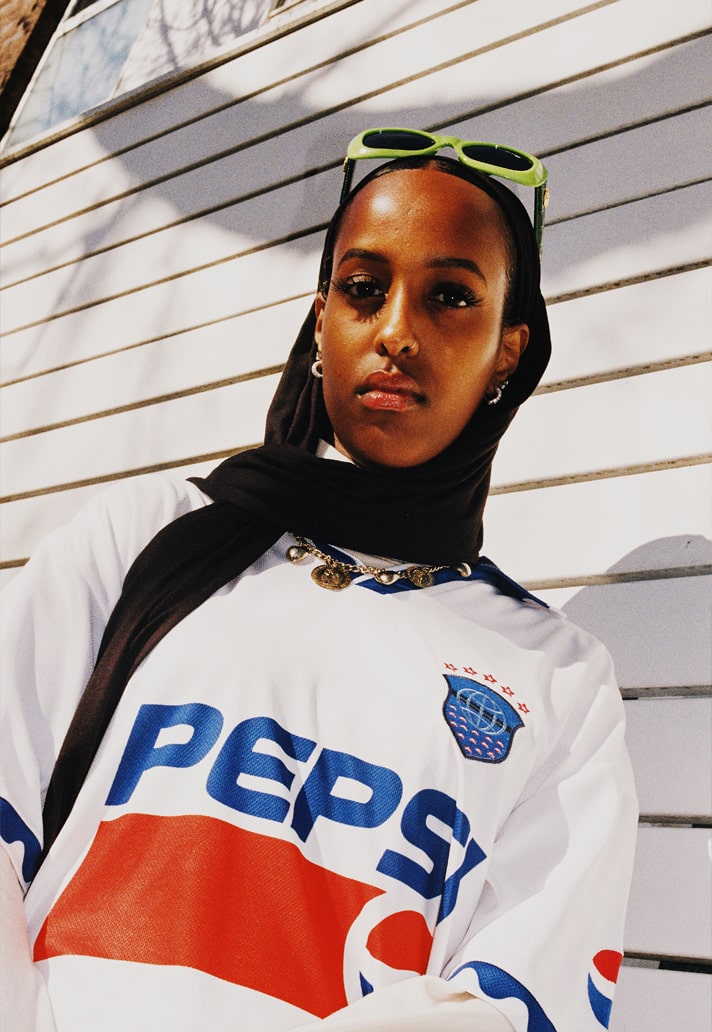
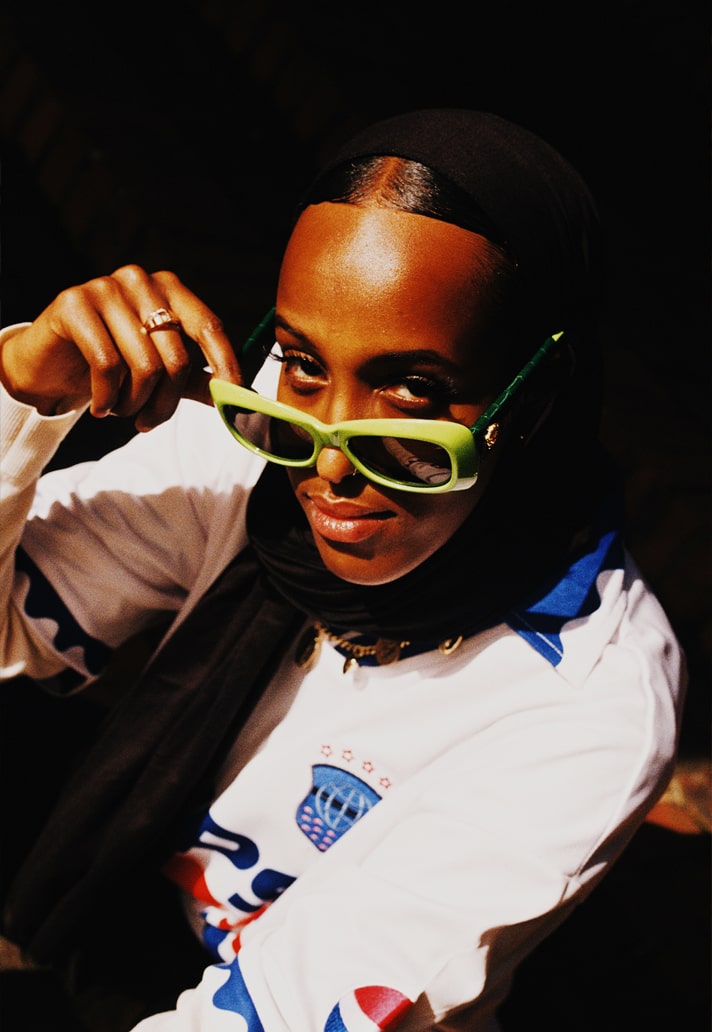
What started out as the women's football club Never Underestimate Resilience, or NUR, born specifically for black and minority ethnic (BAME) women, Hilltop has evolved, and with it Iqra’s journey has expanded beyond her wildest dreams. In 2019 she became the youngest Football Black List Winner, scooping the coveted award at just 19-years-old. She has since become the first captain of the Somali Women’s National Team, getting her first international cap in December 2019. And all of this while coaching and studying for her finals in Sociology with Psychology at Middlesex University. Now teaming up with Pepsi, we caught up with Iqra to get her take on what is one of the most unique and inspiring stories out there.
Starting at the beginning then, where did that pure love of football come from?
So my older brother is a big Chelsea fan, he doesn’t play much but he’s a massive football fan in general, so I got a lot of my love for the game from him essentially. But I took it that little bit further by starting to play when I was eight years old and I never really looked back.
What was it like at eight years old, were there many opportunities to go out and play?
It’s a funny story actually. I remember I was playing at my primary school at the time and they had an official rule in the school that it was a boys football team, but allowed one girl, and I was the second best girl in the year, so I was always the first to miss out essentially. I remember this last tournament in year 6 I kicked up a massive fuss so they were like, “OK, we’ll take two girls this time, we’ll let her come”. And I ended up saving them in the semi-final with a goal-line clearance.
It wasn’t the greatest; it felt like a battle then and it still feels like a battle now, but I feel like we’re really making strides with it.
It didn’t deter you from playing football then, it drove your on?
Definitely. I think in some ways I was a hard-headed kid I guess, but I was very resilient, and that’s where the name for the club originally came from, Never Underestimate Resilience (NUR). Obviously it’s now called Hilltop WFC.
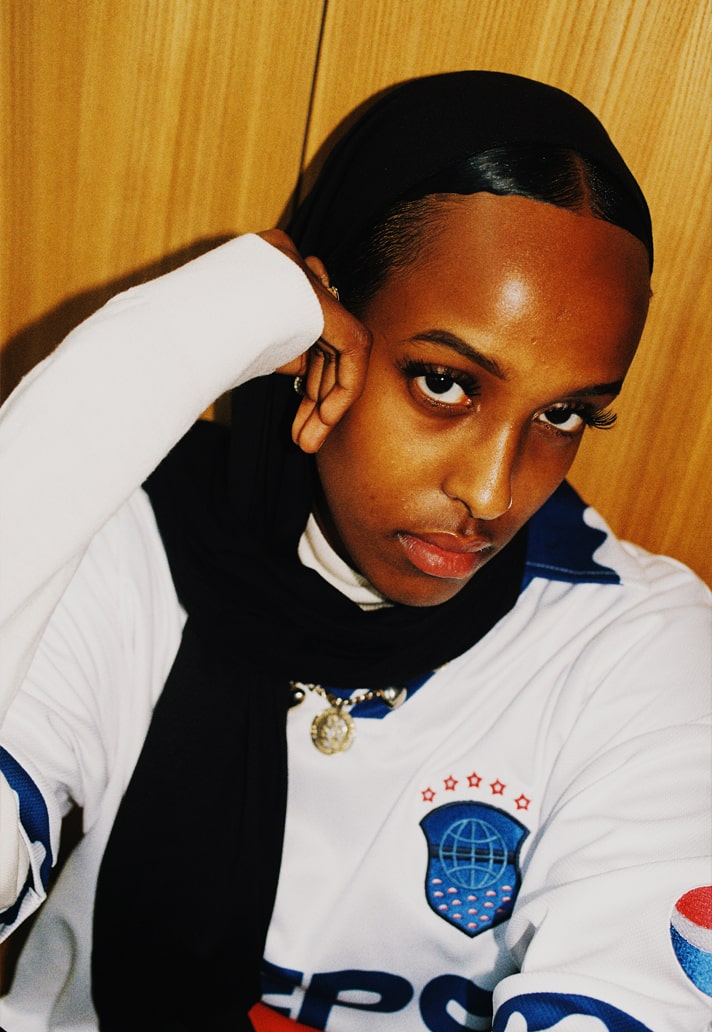
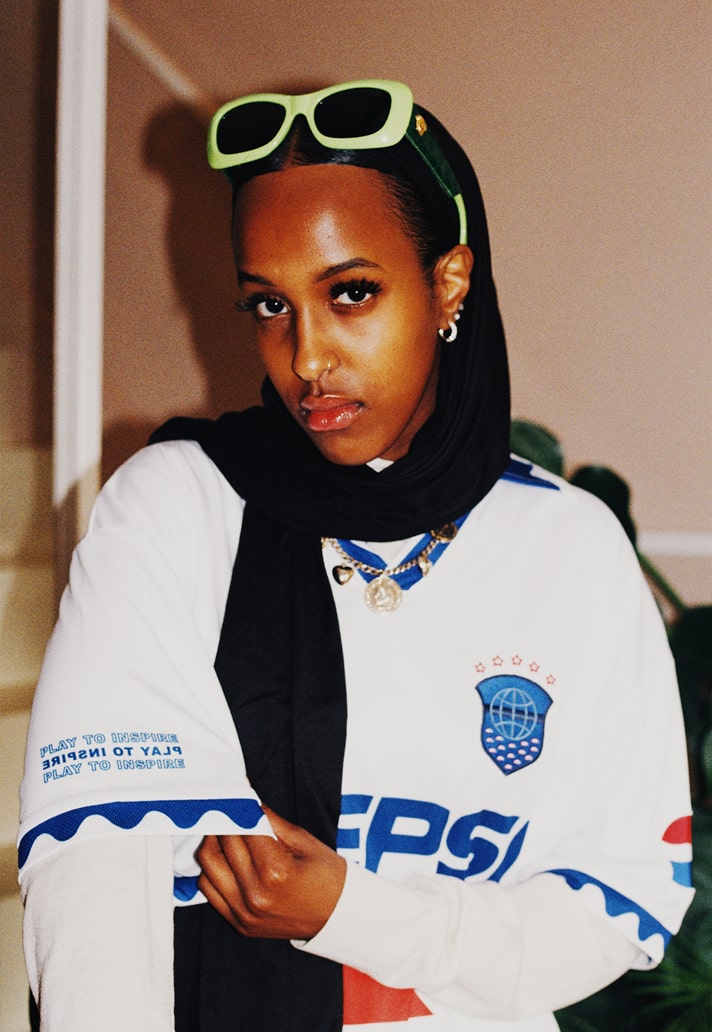
I wanted to create that space for young muslim women to feel comfortable to come play football in. For me it was just creating that space in the women’s game that wasn’t already there."
You mentioned Hilltop – where did that drive come from to not just join a club, but start one yourself?
The space that I wanted to create was one that I was very much missing when I was growing up myself. So I wanted to create that space for young muslim women to feel comfortable to come play football in. So for me it was just creating that space in the women’s game that wasn’t already there.
What about the feeling of going out and actually doing something like this… You made it happen…
It’s a bit of a cliche thing to say, but just start. I remember someone gave me that advice once . I was trying to learn everything before I got started but it’s very much a learning on the job type of situation. Just get started.
So tell us about the club then, what does it stand for for you and how would you describe it?
It’s very much a short of family vibe essentially. It’s just about creating that safe space, and winning games and finishing wherever in the league or winning cups… all of that comes secondary to just initially creating that safe space where you can just maintain that participation. I feel like as it’s an adult team there’s a massive drop off when it comes to young women in general but also young women when they hit 16.
As soon as sport or football isn’t compulsory in sport anymore there’s an instant lack of participation and I realised that that stemmed from people not knowing where to play. They didn’t know where they could go where they would feel represented. So it’s about creating that space and I feel like we’ve done alright with that.
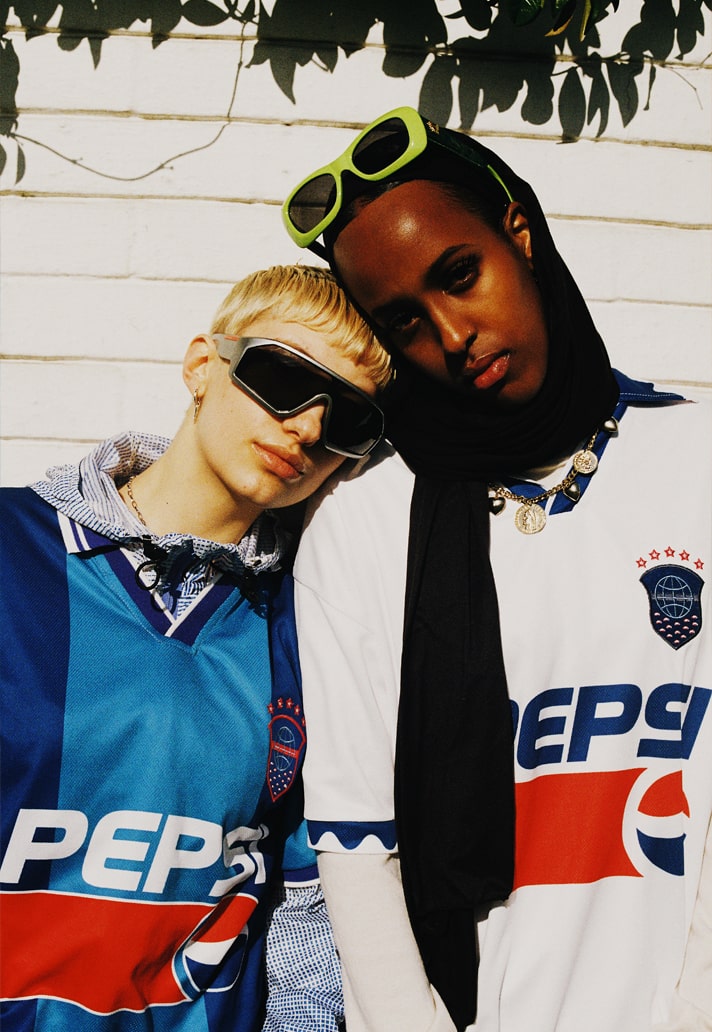
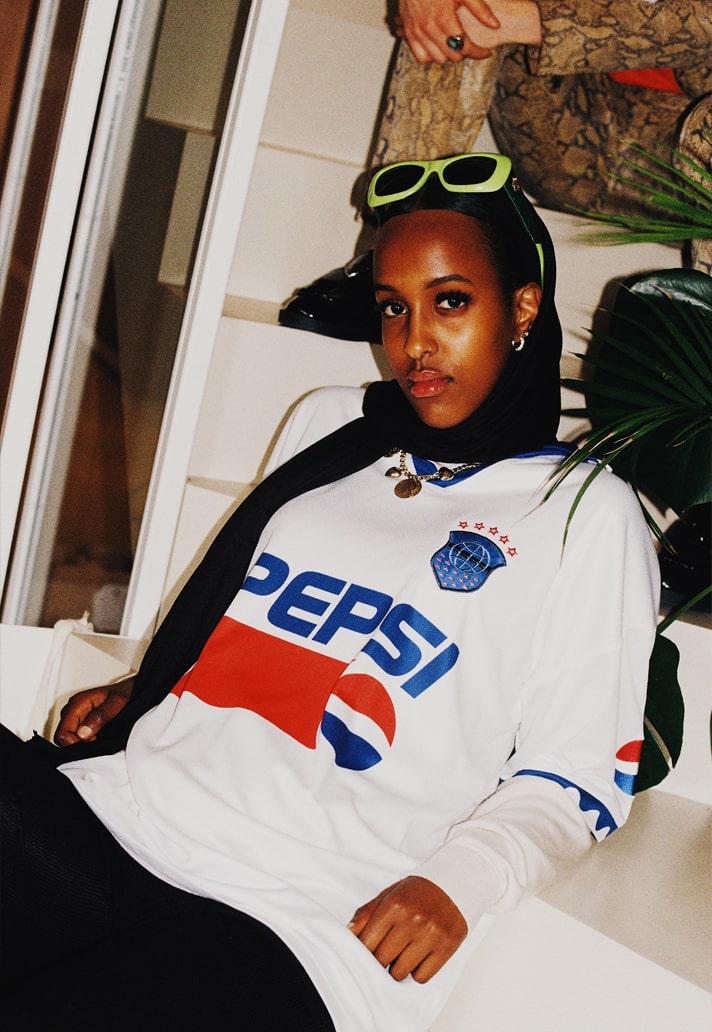
What’s it highlighted to you about the world of women’s football, what is and isn’t available?
I feel like in the women’s game there’s this intersectionality that you don’t really address as much in the men’s game. I think the clearest representation is that if you look at the England men’s team and you look at the England women’s, you’ll see that there’s a massive disparity when it comes to race for example. And that is a massive, massive thing, so we’ve had to get over that barrier of, OK, women’s rights and equality within sport for women, but then it’s well, what about black women, what about muslim women, what about black muslim women. So that sort of intersectionality is something that still very much needs to be addressed.
Do you realise the positive impact that you’ve had on people’s lives, because it’s huge to be able to give people that opportunity?
I never set out with the intention to be a role model, I don’t think anyone ever does, but I never really set out with the intention to try and inspire people, I just really wanted to do what I was doing well, and hoped that even if there’s one person’s life that’s positively effected, then I’ve done what I set out to do.
With that, have people come to you with positive feedback?
People have, especially within my community. I’m Somalian – I was born in the U.K. but I was originally from Somalia – and a lot of people from my community, people generally from within the black community, within the footballing community the women’s footballing community have been very vocal. In 2019, only a couple of months after I started the club, I won a football black list award and I remember just feeling so… I had the craziest case of imposter syndrome, because I didn’t feel that I deserved to be there at that time. But looking back if I was somebody like me but I wasn’t myself and I saw Iqra Ismail she’s started this club and she’s started this space, I’d probably be giving myself the same sort of respect.
It’s a huge milestone. What are the other personal highlights that have happened along the way?
Starting to work with Pepsi was a big one for me. Working on the ‘Play to Inspire’ campaign and doing this shoot, and being able to be in the same advert as people like Messi and Ronaldinho, Lucy Bronze, Paul Pogba… It’s definitely been crazy and is one of the big highlights for me.
How did the relationship with Pepsi start and what’s that journey been like?
So they reached out to me for this campaign and it’s been amazing – everyone at Pepsi has made this very smooth for me and I think there’s been a lot of mutual respect, especially for the change makers and the Pepsi collective, and it’s just crazy for them to put us seven, otherwise ordinary people, to put us on the same level as these world class footballers. It’s amazing.
Do you feel like there’s an honest sentiment with this where sometimes in the past brands may have alternative agendas?
Yeah, you’ll see in the past there’s times when someone will work with a brand and it’ll be a bit of a one and done, but Pepsi have made the commitment to genuinely help to see how we can work together in the future and to give me help in terms of my club and things like that. They’ve been very dedicated and very helpful.
What have you made of the cross section of people involved in the campaign, from creating the kit and being able to wear something real?
You can see the direction that they were going in with the kit. It’s got the early 2000 vibe, with David Beckham and the ad that he wore it in. You can definitely see the origin of the design.
How much do things like that mean to you as a football fan, in terms of consuming the culture?
There’s definitely a massive part of it. You can see that Pepsi have tried to maintain the consistency with what they’ve done over the years and I’ve always been a big fan of their adverts. It’s definitely important to me, but it’s something that they’ve maintained in this campaign.
Do you remember getting your first football shirt?
I do actually…it was a gift from my older brother. It was a Chelsea top and it had Drogba’s number on the back. It’s crazy, because fast forward and I’m working alongside him for Pepsi…Crazy thing!
Did you get to meet him then?
Yeah, I got to spend half a day with him! He’s a lovely guy. Very, very humble. It was a dream come true – I was trying not to fangirl!
What things did he say to you that stand out?
We were working on the media side of things during the day, but we had a nice chat right at the end and he basically told me – and it’s crazy to hear this from one of your heroes – but he was just like, “I see the hard work that you’re doing, and there’s a lot of people that need it. We’re working on our side of things, but the more of us that work together to better the game for people that look like us the more effective it’ll be.” He just patted me on the shoulder, like keep going.
That must drive you on immensely. With each milestone it must reset your ambition a bit?
In a way. I don’t mean this to sound big headed, because everything has been a blessing up until this point, but I remember when I sat down and started a club at 19 and I set a target that in the next year or so, three years, five years – obviously COVID came along and threw all of that in the bin – but within that first year there was things that I did in the first three months that I was hoping to do in the next five to ten years. Milestones I was reaching, connections I was making, so for me there’s rough targets that I’ll set, but I’m more interested in the impact I have on people rather than particular awards or working with particular people. It’s definitely about the impact on people’s lives.
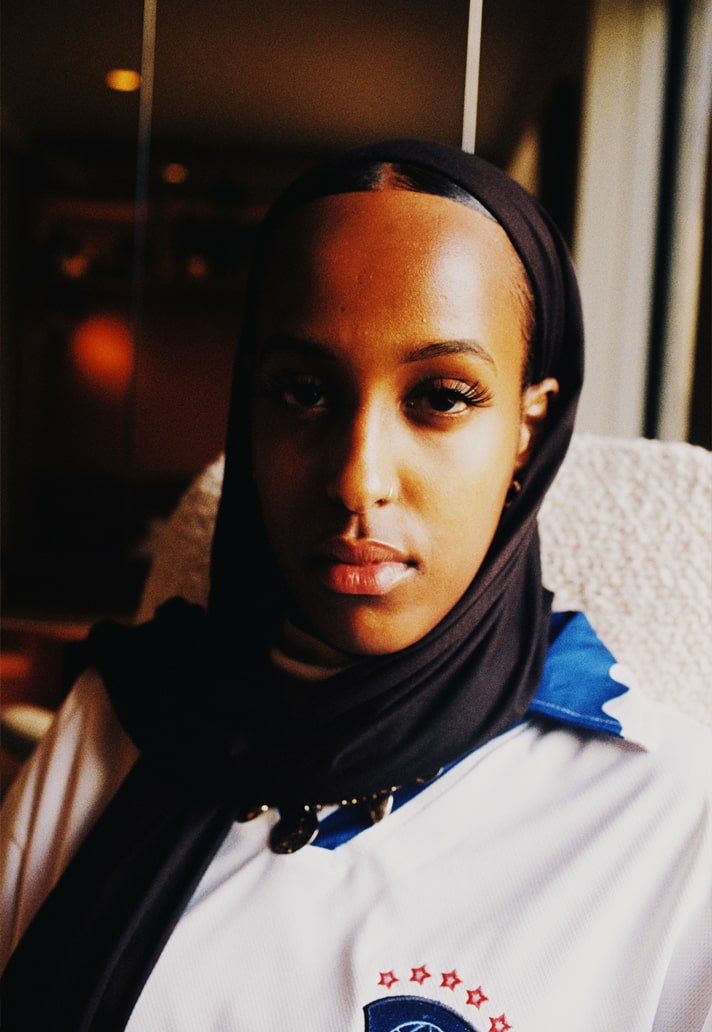
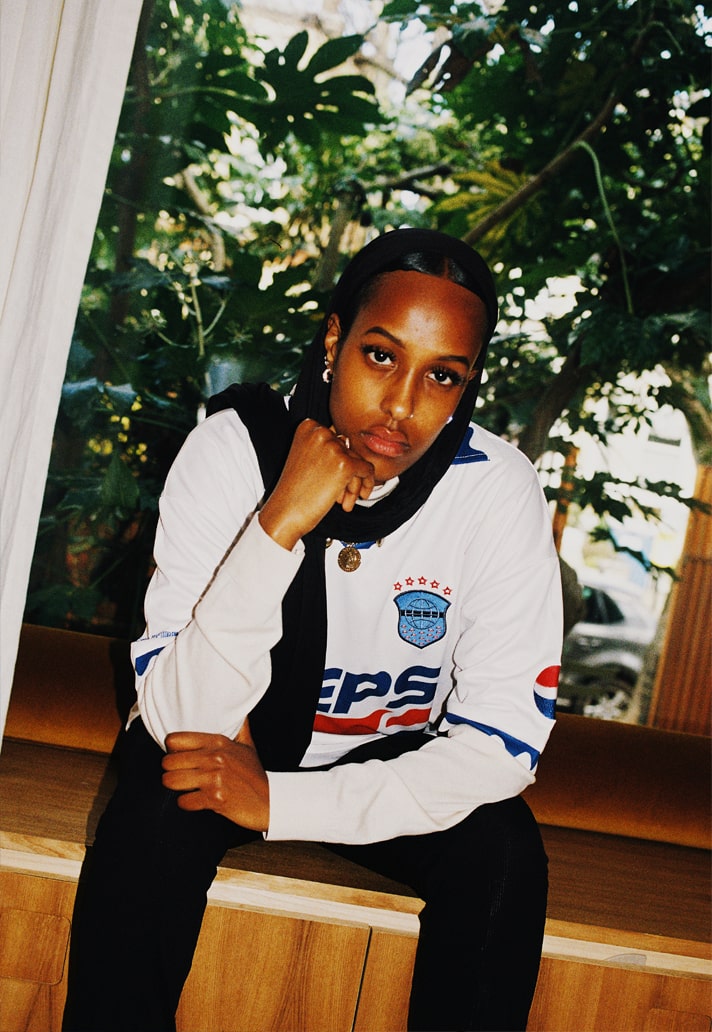
It’s crazy for someone to basically turn around and say you’ve given them the best days of their lives, essentially. That’s a big moment for me, and for those players."
That impact – are there any specific stories of instances or individuals that spring to mind?
Yeah, so the original group of players, some that came to our first few sessions and still play for the club at the moment, they basically formed a lifelong friendship group. Then a few of us in December 2019 got a call up to play for the Somalia National Team, so that particular experience, we collectively speak of it as some of the best days of our lives. It’s crazy for someone to basically turn around and say you’ve given them the best days of their lives, essentially. That’s a big moment for me, and for those players.
Well you certainly shouldn’t ever feel imposter syndrome. You should be incredibly proud of everything you’ve done…
Yeah, hindsight is a beautiful thing. I need to live in the moment and feel like I’m there because I deserve to be there, and working with Pepsi is an instant where I do feel like I deserve to be here, and everybody has made me feel that way as well.
I feel like I’ve got to where I am because of what I’m doing, and the pure genuine passion and dreams that I had with that. Within the footballing industry, if people genuinely can relate to what you’re doing, they’ll try and help you and support you and I think that’s what’s happened so far. So maintaining that genuine vibe is what I’m aiming to do.
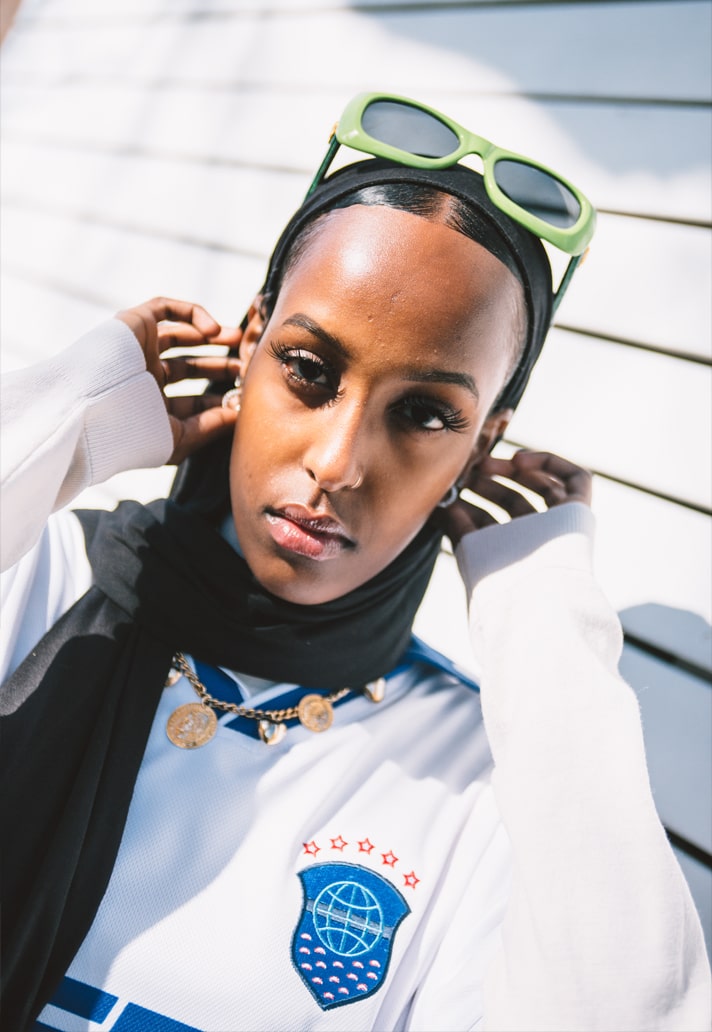
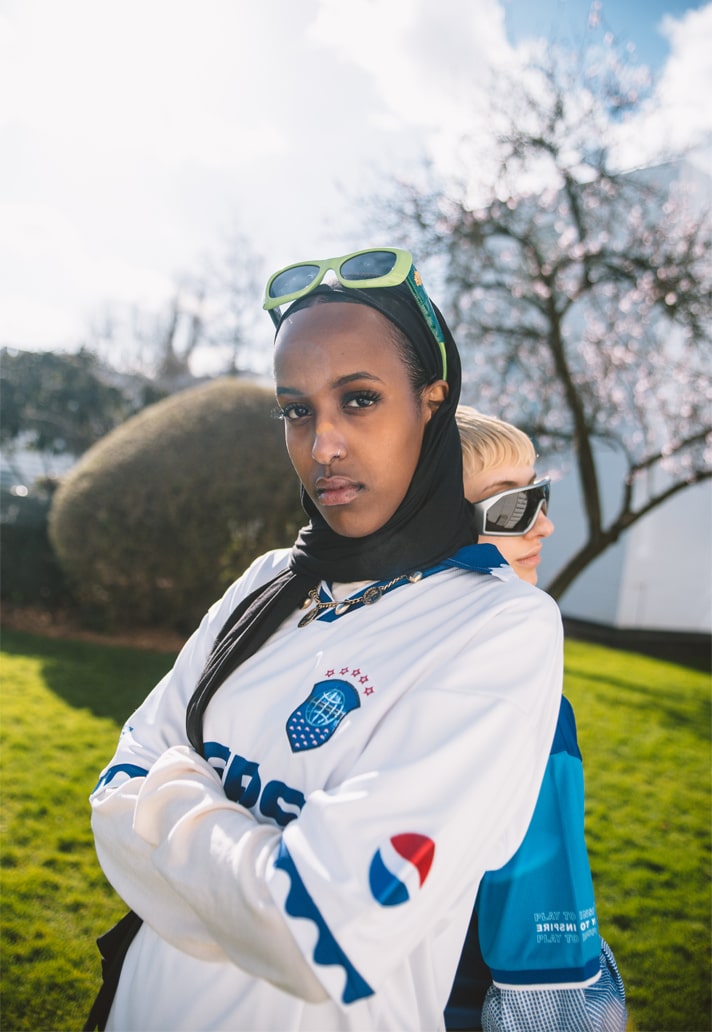
Photography by SoccerBible.



